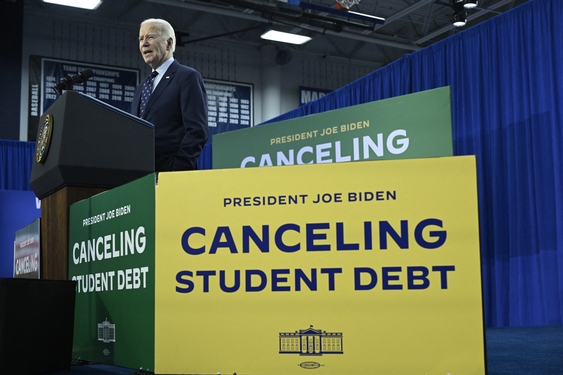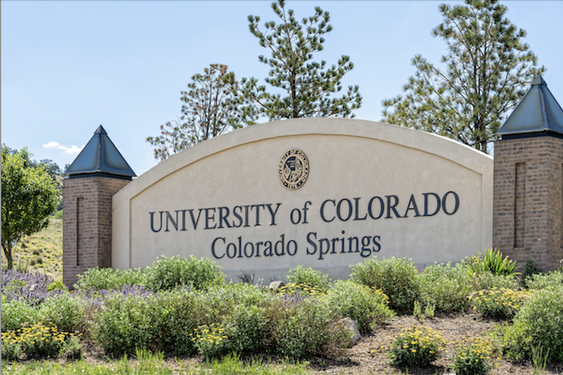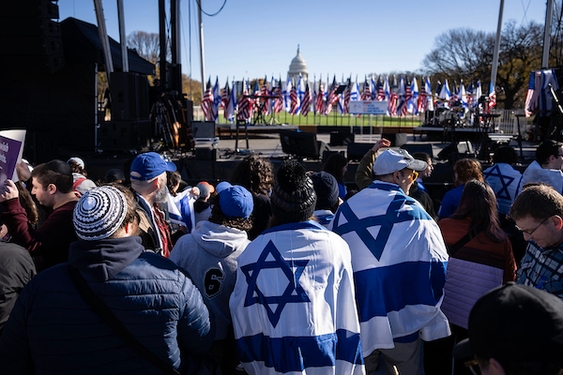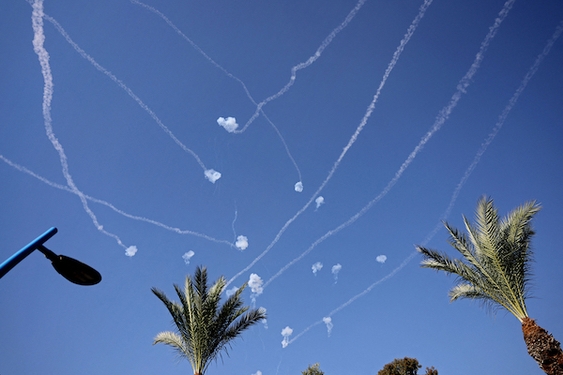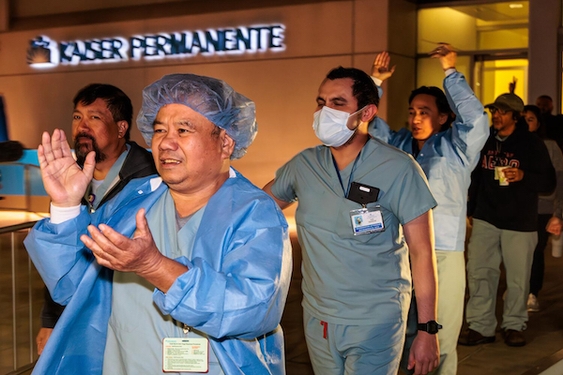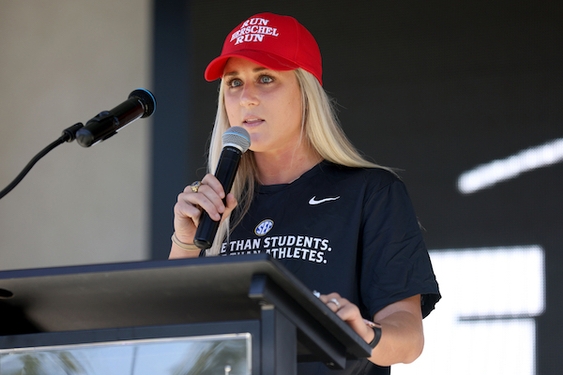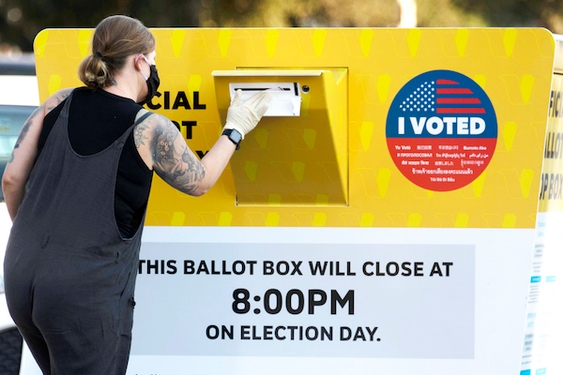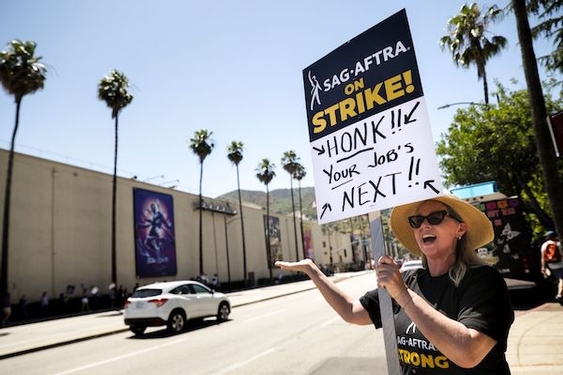With its nearly two dozen states in play, Super Tuesday represents 52-percent of all pledged Democratic delegates and 41-percent of all Republicans. Furthermore, as its states are spread out across geographical, economic, ethnic and ideological divides, Feb. 5 represents a trial run of national electability for its frontrunners and a marked change in strategy from “retail” hand-shaking, baby-kissing campaigning to TV-spot, national news “wholesaling.”
The key issue for Republicans is that many of their major battlegrounds are winner-take-all contests that demand that candidates extend their message to a broader audience beyond their core constituency to have any chance in the desperate grab for delegates. Huckabee, McCain and Giuliani are all strapped for cash to differing degrees and will have to target their campaigns carefully to compete against Romney’s personal wealth, suggested to be in the ballpark of $200 million, which buys an awful lot of airtime and exposure.
The Democratic Party, meanwhile, requires states to divide their delegates according to the proportion of votes received. This is a fractious process that encourages candidates to solidify their messages with core voting blocs that can consistently command portions of the vote in many different states without necessarily delivering an overall win.
Accordingly, Obama is relying on African Americans and young voters in two Clinton strongholds to carve out sections of the massive 441 delegates in California and the 281 in New York. Clinton will try to steal thunder out from under Obama’s base in Illinois and maintain respectable pockets of voters in the Midwest and Mountain states. Dogged John Edwards is alive and well if he can continually garner more than 15-percent, the minimum per-state threshold for the allocation of delegates.


